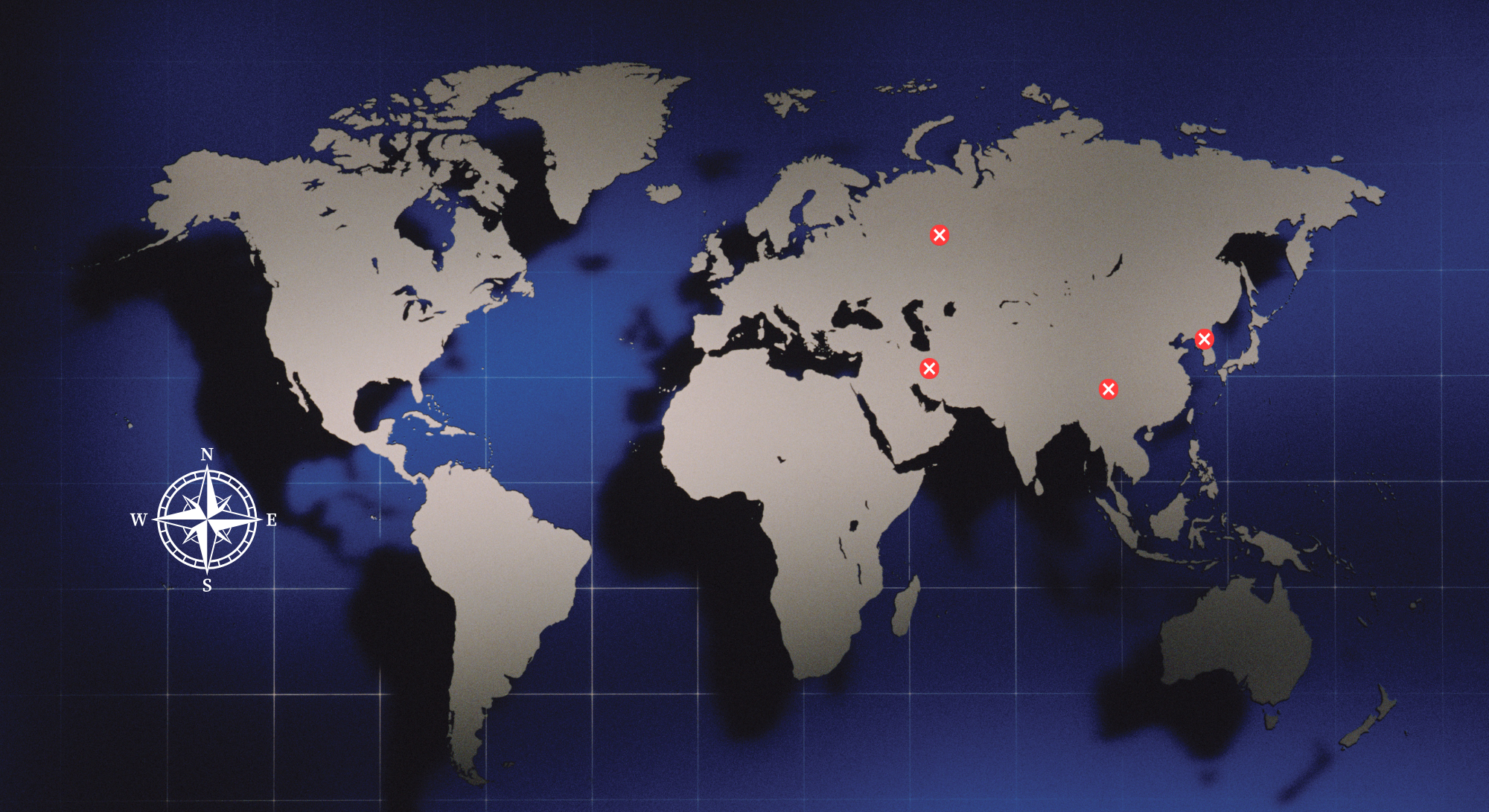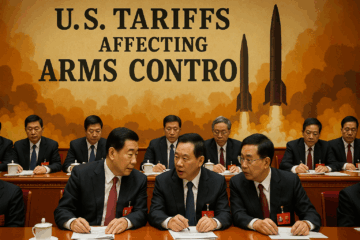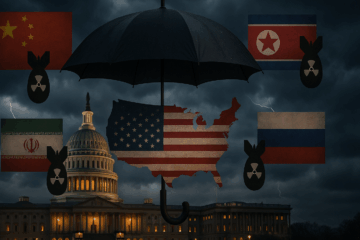The rapid advancement of artificial intelligence (AI) is transforming industries, economies, societies, and global politics. However, this artificial intelligence and technological revolution also exacerbates existing competitions, creating a stark divide between states that are AI haves and AI have-nots.
This digital divide is not just about access to technology but also about the ability to harness AI’s potential for economic, social, and global political empowerment. The implications of the AI divide are leading to a tech race that impact geopolitical power dynamics, exacerbating competition major powers like the US, China, France, and India. Depending on how the race ends, it could swing the balance of power in a negative direction.
AI Paris Summit
The recent AI Action Summit held in Paris emerged as a pivotal event that highlights both the opportunities and challenges associated with this evolving AI tech race. This summit serves as a beacon of innovation, encouraging France and India to collaborate more closely, while also exposing the complex interplay of international reactions, particularly from major powers like the United States, United Kingdom (UK), and China.
The summit focused on expanding AI’s boundaries while respecting environmental and ethical obligations. France’s President Emmanuel Macron reaffirmed his nation’s commitment to AI innovation, while maintaining high regulatory standards that draw parallels to Notre Dame Cathedral’s restoration. Such a strategy will likely accelerate AI ventures and foster innovation.
However, the regulation proposed was also a noose around the neck of the summit’s emphasis—deregulation. It is worth considering whether drastic deregulation will lead to genuine advances or the weakening of certain crucial safety nets as the world grapples with how to handle ever expanding data and the fragmentation that result from the intersection of geopolitical interests and the private ownership of data and capability. The US and China approach the issue differently than Europe, whose adoption of the AI Act (2023) will see the first comprehensive AI regulation in the world.
Many wondered how agentic AI will impact the balance of power. Whether AI will have a net positive or negative effect is uncertain. The rate at which agentic AI is developed and adopted in the three main economic blocs of China, Europe, and the United States will determine much.
India-France AI Alliance
India and France are forming a partnership to leverage AI’s full potential globally, sharing knowledge, resources, and best practices to create a robust framework for AI initiatives and global dialogue. During the summit, leaders from both countries addressed how their alliance could facilitate joint ventures, research collaborations, and talent exchange programs. Prime Minister Narendra Modi and President Macron foresaw great potential for future cooperation in 2019 when they endorsed the Indo-French Roadmap on Cybersecurity and Digital Technology. India and France, founding members of the Global Partnership on Artificial Intelligence, aim to develop a safe, open, secure, and ethical AI for human development and global commons.
Global Reactions
As the world watches the developments in Paris, reactions from other global powers, notably China and the United States, added another layer of complexity to the conversation around AI regulation and collaboration. In recent years, both states have invested heavily in AI research and development, seeing it as critical to their national security and economic competitiveness.
China’s approach to AI governance contrasts significantly with that of France and India. While the Chinese government prioritizes rapid innovation with minimal regulatory oversight, this led to concerns about privacy, surveillance, and ethical implications. The US, on the other hand, grapples with debates around data privacy, corporate responsibility, and the potential for AI misuse. As a result, the responses from these two states illustrate differing philosophies about how best to harness AI’s potential while safeguarding public interests.
The US and UK declined to sign a declaration on “inclusive and sustainable” artificial intelligence at the Paris summit, in a blow to hopes for a concerted approach to developing and regulating the technology. The document was backed by 60 other signatories on February 11, 2025, including France, China, India, Japan, Australia, and Canada.
The reactions from the relevant stakeholders highlight the urgent need for international cooperation and dialogue. As AI transcends borders, creating harmonized standards and frameworks could mitigate risks associated with its deployment.
Opportunities and Challenges Ahead
The summit concluded by emphasizing the need for proactive state engagement in AI regulation, prioritizing innovation while protecting individual rights and societal values. This, participants believed, would allow the world to fully capitalize on AI’s benefits.
As the world grapples with the realities of increasingly AI-driven technology, the voices of diverse stakeholders, including technologists, ethicists, policymakers, and civil society must be heard in shaping the future of AI. Under the flag of the AI Paris Summit, the India-France AI alliance is entering into a new and more unpredictable phase. By defying red tape and cultivating a spirit of cooperation, states are setting the pace for unlocking unprecedented opportunities while highlighting the inherent challenges of this transformative technology.
Huma Rehman is a project consultant, consultant, and defense and foreign affairs analyst. She can be reached at X @HumaRehman1.




